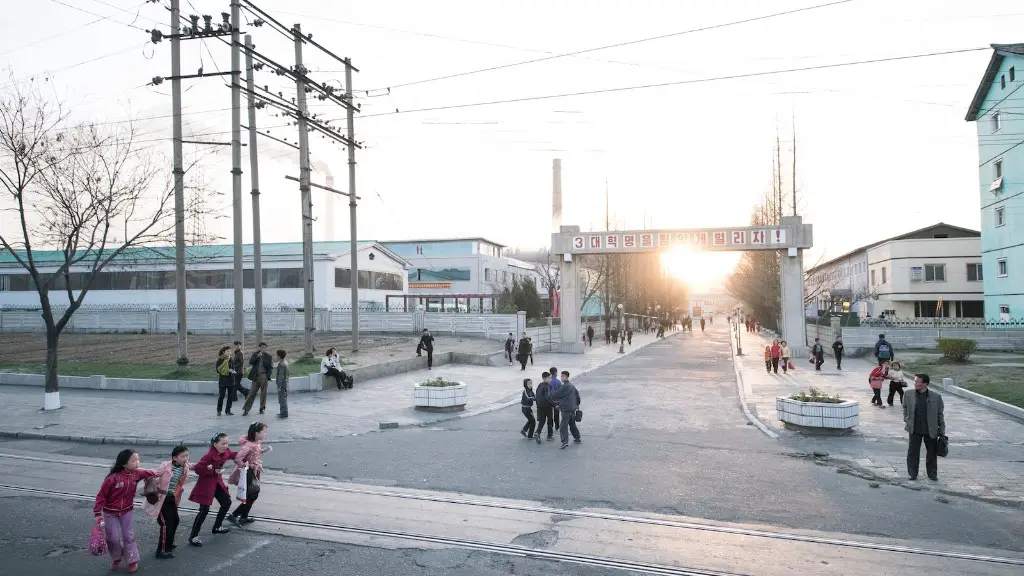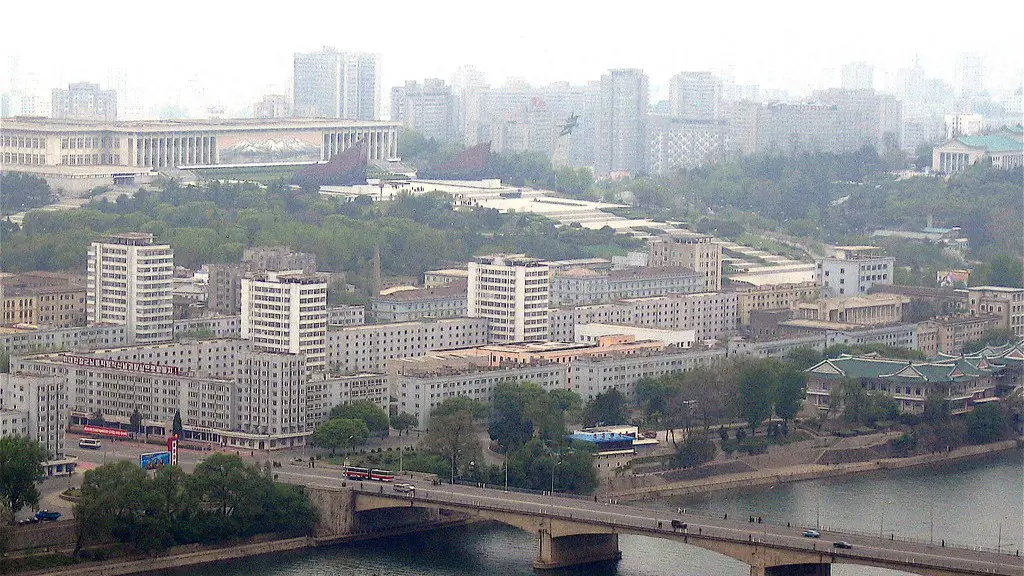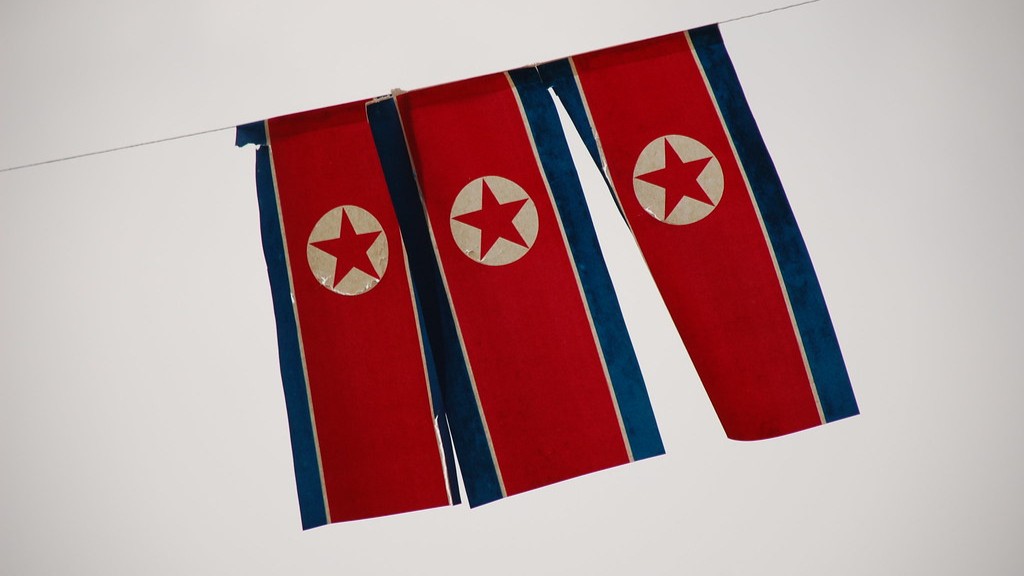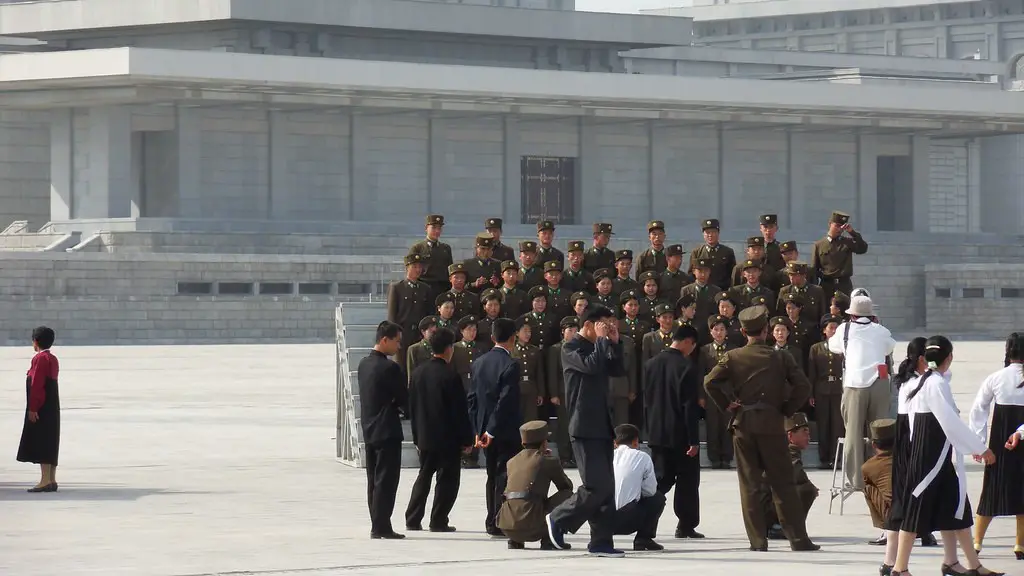Background Information
North Korea’s current leader is Kim Jong-un, a grandson of the late Kim Il-sung and son of the current leader Kim Jong-il. He has been ruling North Korea since 2011 following the constitutional amendment which officially declared him the supreme leader. Before 2011, North Korea was governed by Kim Jong-il for 17 years, and before that, by founding father Kim Il-sung.
Kim Jong-il: North Korea’s former dictator
Kim Jong-il was born to Kim Il-sung in 1941 in Russia during World War II. He assumed power in 1994 after his father’s death and quickly consolidated his grip on the nation. His rule was marked by numerous repressions and human rights violations, as well as a nuclear programme which was strongly opposed by the international community. In between the economic hardships faced by the North Korean people, he co-founded the ‘Songun’ military-first policy, according to which the nation’s military was given precedence over all other sectors.
Kim Jong-il’s rule was characterized by an extremely isolated and oppressive government. His regime was seen as oppressive due to harsh political repression, public executions and the extensive use of secret police and prisons. Further, he didn’t allow basic human rights to citizens such as freedom of speech, press, and association. Many international organizations such as the United Nations and Human Rights Watch have condemned the Kim Jong-il regime for violating human rights.
Death of Kim Jong-il
In 2011, Kim Jong-il died of a heart attack at his winter residence in Pyongyang. Following his death, his third son, Kim Jong-un, was chosen as the new leader. His official title is Supreme Leader of North Korea and Chairman of the Workers’ Party of Korea. He succeeded his father upon his death, and was subsequently declared North Korea’s Supreme Leader.
In the weeks leading up to his death, there were rumours of ill health due to unknown causes. Kim Jong-il had visited China three weeks before his death, although this officially released trip supposedly took place to discuss economic and domestic matters.
Funeral of Kim Jong-il
Kim Jong-il’s funeral was held on December 28, 2011. Millions of people attended the funeral with some reports estimating that up to two million people were present. The mourners were dressed in black and carried large portraits of the late Kim Jong-il. The mourning ceremony involved mass performances of song and dedication. There were also reports of people sobbing uncontrollably in grief.
Following this mourning ceremony and the burial process, Kim Jong-un was officially declared North Korea’s Supreme Leader and the nation entered into a period of three years of mourning for Kim Jong-il.
Foreign Relations during the Leadership of Kim Jong-il
Kim Jong-il’s foreign policy was based on the concept of “Great National Unity” or “Chajusong”, according to which North Korea sought a stronger relationship with other socialist nations, particularly China and Russia. During Kim Jong-il’s reign, North Korea reached out to the United States and South Korea in order to resolve the tense standoff between the two countries, though these measures ultimately proved unsuccessful.
Furthermore, Kim Jong-il also sought to normalize relations with Japan on multiple occasions. He conducted several high profile visits to Japan, the most notable being his visit to the city of Nagasaki in 2002. The purpose of this visit was to formally apologize to the victims of the atomic bombings of Hiroshima and Nagasaki in 1945.
Kim Jong-il’s tenure was also marked by a largely successful nuclear programme. North Korea conducted its first nuclear test in 2006 and is believed to possess a sizable nuclear arsenal. However, there is ongoing debate over the extent of this arsenal and its potential impact.
Reactions to Kim Jong-il’s Death
The death of Kim Jong-il was met with sorrow and grief in North Korea, while in the international community there were various reactions. Leaders from around the world, including American President Barack Obama, paid tribute to him and offered condolences to the people of North Korea. However, some governments, such as those in South Korea and Japan, expressed relief at his death.
At the same time, there has also been a great deal of speculation about the future of North Korea. As Kim Jong-un assumed power, some analysts have pointed to potential changes in North Korea’s foreign policy as he was previously seen as a pro-Chinese figure. Others have argued that due to the delicate power structure in North Korea and the country’s isolation, it is unlikely that the death of Kim Jong-il will result in any substantive changes.
Impact of Kim Jong-il’s Leadership
Kim Jong-il was an authoritarian leader who ruled North Korea with an iron fist. During his reign, North Korea remained one of the most oppressive and isolated nations in the world and his death did not solve the political, social, and economic issues faced by the country. However, there is still hope that the leadership of Kim Jong-un will bring more open policy which will improve the lives of North Koreans.
Because of the secretive nature of North Korea during the Kim Jong-il era, it is difficult to measure his impact accurately. However, some analysts have pointed to the continued progress of North Korea’s nuclear programme, which has greatly increased the country’s ability to wield power both regionally and internationally.
In addition to its nuclear power, North Korea has also developed successful rocket technology under Kim Jong-il’s regime which it has used both for the purpose of launching satellites and for the testing of long-range missiles. While these advances have not been without controversy, they have certainly had an impact on North Korea’s place in the world.
Human Rights Issues
The Kim Jong-il era was marked by numerous human rights violations. There were reports of political prisoners, arbitrary arrests and torture as well as restrictions on freedom of speech, press and association. In addition, there were reports of arbitrary executions, with some estimates suggesting that up to 200,000 people were killed during his reign.
Furthermore, Kim Jong-il was also accused of creating an economic system designed to enrich his inner circle. This led to widespread poverty and malnutrition among the population, which in turn led to the development of an underground economy in which many people survived.
The human rights situation in North Korea has been an ongoing issue, and it is likely to remain a major issue in the future. It is now up to Kim Jong-un to take steps towards improving the country’s human rights record, though it remains to be seen if he will be willing or able to do so.
International Sanctions
The United Nations has imposed a number of international sanctions on North Korea during the Kim Jong-il era. These sanctions have been imposed in response to the country’s continued development of weapons of mass destruction and its nuclear programme. The purpose of these sanctions is to limit the resources and funding available to the North Korean government, in an effort to pressure them into abandoning these programmes.
These sanctions have had a significant impact on the country, particularly its economy, which has been affected by an inability to access international markets and an increased difficulty in obtaining goods and services. Despite these challenges, North Korea has been relatively successful in mitigating the effects of these sanctions, primarily due to the country’s isolation and its willingness to engage in illicit activities.
Economic Developments
The North Korean economy under Kim Jong-il was a heavily controlled economy in which the country’s leaders maintained a tight grip over the production and distribution of goods and services. The economy relied heavily on foreign aid and subsidies from China, which accounted for the bulk of the country’s imports. Additionally, North Korea also practiced a centrally planned command economy which allowed the government to tightly regulate the economy.
Despite these restrictions, the country has seen some economic development in recent years. This is largely due to cooperation with China, which has invested heavily in North Korean infrastructure and encouraged North Korean investment in Chinese enterprises and businesses. These efforts have been largely successful in helping to alleviate poverty and create jobs in North Korea.
The future of the North Korean economy remains unclear, as the leadership of Kim Jong-un has not provided much clarity on the country’s economic plans. It is likely that the country will continue to abide by the policies of central planning and state control, though whether this will be successful remains to be seen.





